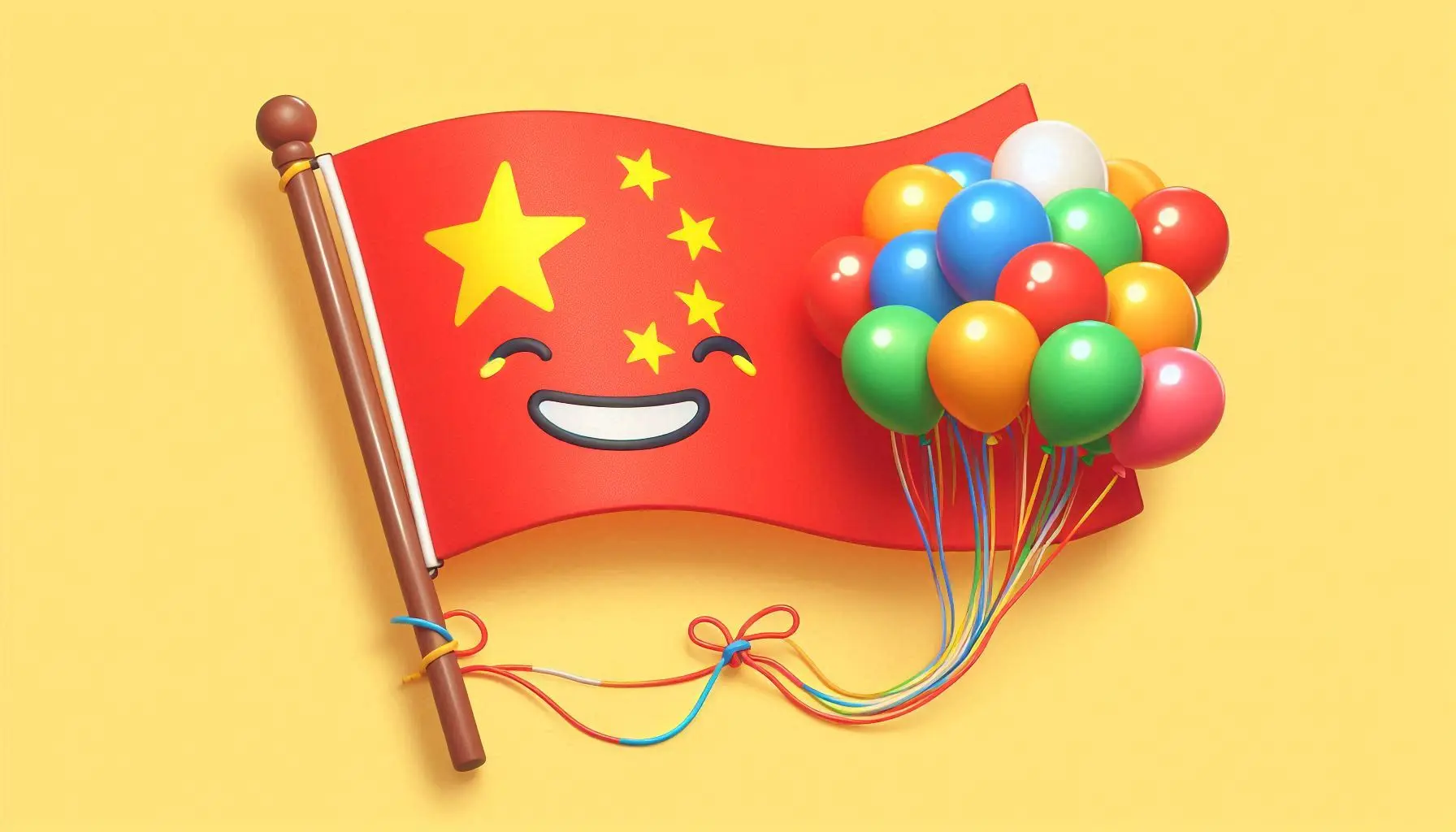Physical Address
W Sunrise St, Bisbee, Arizona 85603

In an evolving world of geopolitics and economic power plays, the traditional dominance of Western nations is being challenged. Central to this shift are China and its allies within BRICS (Brazil, Russia, India, China, South Africa). Through strategic foresight, robust policy adjustments, and calculated economic maneuvers, these nations are not only weathering sanctions but redefining the rules of the global game.
This article dives deep into how China, drawing lessons from Russia’s handling of Western sanctions, is preemptively preparing its economy. It also examines the rising significance of BRICS as a counterweight to Western-dominated institutions like the IMF and World Bank.
Western sanctions have long been a favored tool for geopolitical leverage. Whether targeting Iran’s nuclear program, Russia’s actions in Ukraine, or China’s trade policies, the sanctions are designed to cripple economies and enforce compliance. However, the growing resilience of Asian giants like China and their partners in BRICS has exposed the limits of these measures.
| Sanctions Target | Impact on Target Country | Global Ripple Effects |
|---|---|---|
| Russia (2014-2023) | Oil exports rerouted to China and India | Energy prices surged globally |
| China (Trump Tariffs) | Shifted trade to Southeast Asia, Africa | Raised costs for American businesses reliant on imports |
| Iran | Trade sustained via non-Western partners | Strengthened ties with China and Russia |
Russia’s economic survival post-2014 sanctions is nothing short of remarkable. It offers key lessons for countries like China:
China has internalized these strategies, integrating them into its long-term plans to withstand potential sanctions in the event of conflicts over Taiwan.
China’s approach to economic resilience begins with insulating its supply chains:
China is scaling up its financial systems to bypass U.S.-led mechanisms:
China has significantly increased its reserves in gold and essential commodities, creating a buffer against global market volatility.
BRICS nations are emerging as a formidable economic bloc, representing over 40% of the world’s population and nearly 25% of global GDP. The group’s goals include:
| Initiative | Objective | Impact |
|---|---|---|
| BRICS Bank | Provide infrastructure funding | Reduces dependency on Western lenders |
| Local Currency Trade | Strengthen economic sovereignty | Weakens the dollar’s global dominance |
| Energy Partnerships | Secure energy resources collectively | Stabilizes member economies |
While China and BRICS consolidate their positions, Western nations face challenges:
The perception of a declining U.S.-led order is reshaping global alliances. Many nations see BRICS as a pathway to greater independence, fostering an environment where collective growth takes precedence over unilateral dominance.
The U.S. and its allies must:
China’s preparations and the growing influence of BRICS represent a paradigm shift in global power dynamics. By learning from Russia’s resilience and fostering multilateral cooperation, China and its allies are redefining the rules of engagement in a world moving toward multipolarity.
This transformation challenges the traditional dominance of the West and offers a roadmap for other nations seeking greater sovereignty in an interconnected world. Whether this shift leads to a more balanced global order or new forms of rivalry will depend on how all parties adapt to the changing tides.
This engaging narrative combines strategic insights, geopolitical analysis, and a forward-looking perspective, inviting readers to consider the broader implications of these developments. Let me know if you’d like additional details or refinements!